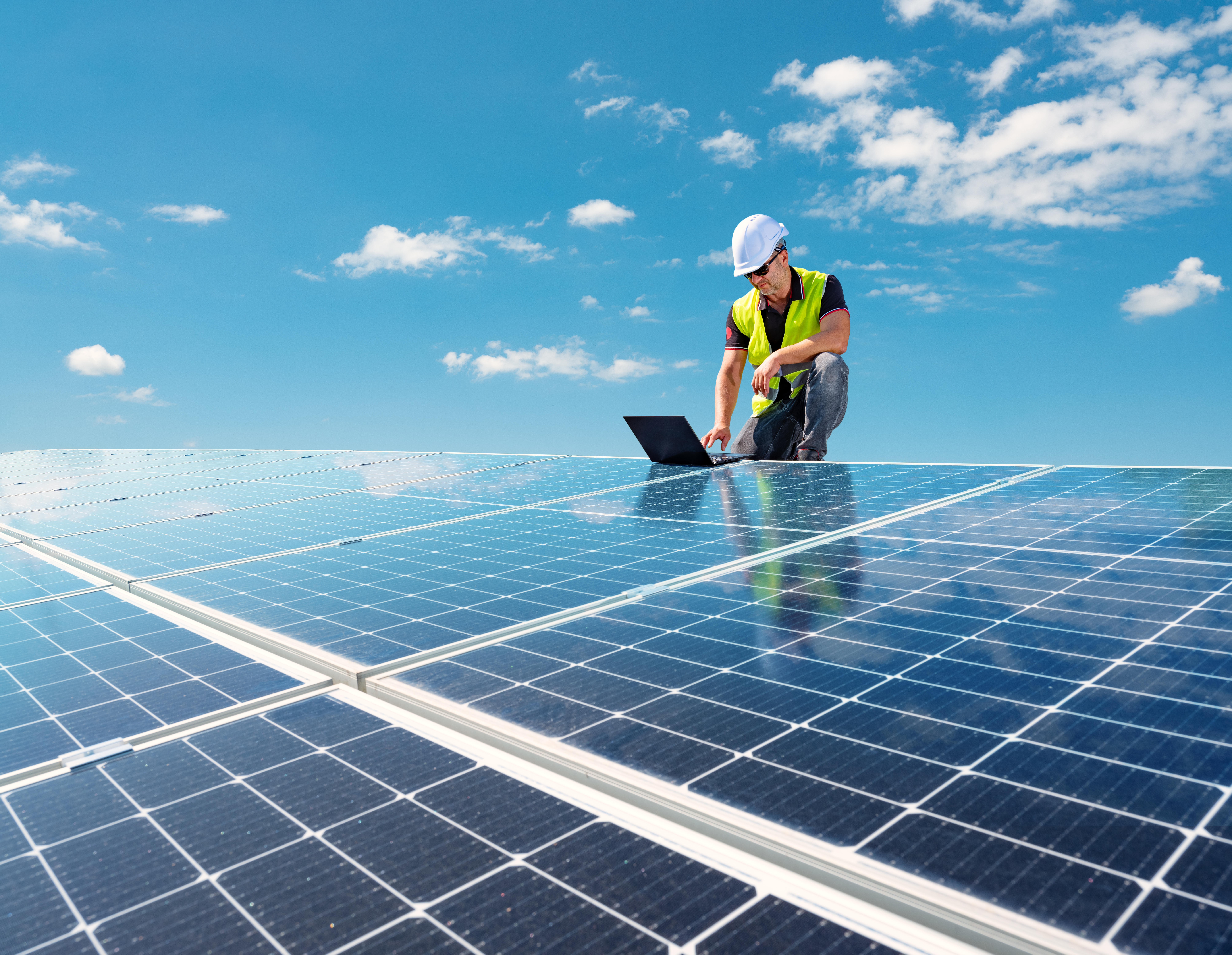How much does solar cost?
Investing in quality solar panels for your home can be a great idea, especially if you like saving money in the long term. While every home and solar energy system is different, most households in the US earn back their solar investment within six to 10 years thanks to efficient solar panel systems and financial incentives like the federal tax break that your solar plan can net you and your family.
Long-term savings are great, but what about the immediate costs? Even with declining prices in recent years, solar panels can cost a pretty penny -- and in this case, a "pretty penny" could equal thousands of dollars. But with installation prices that could change depending on a number of factors, you might be wondering: "How much do solar panels actually cost?"
We break down the estimated solar power costs below to give you the best possible idea of how much solar panels could set you back, plus information on the federal tax credit and other incentives that could bring that final price down.
How much do solar panels cost?
When you reach out to a solar energy company like Palmetto -- one of the leading solar companies for high-quality and efficient solar panels -- for an estimate, the number you'll get can be based on a number of factors.
These factors may include:
- The size and location of your home.
- Whether you're leasing or buying your solar panels outright.
- The amount of sunlight your solar panels are likely to receive.
- The price per watt for your solar panels.
- State and federal incentives that can cut down your final costs -- check the Database of State Incentives for Renewables and Efficiency (DSIRE) to see what discounts or rebates your state offers.
So just how much are solar panels? Installation costs start at the price per watt, with solar panels typically costing between $2.50 and $4 per watt. Larger homes may require higher wattage, so keep this in mind when discussing solar energy costs with a solar company.
That being said, the average costs for installing a solar system on a one-story, 2,000 square foot home can fall anywhere from $10,000 to more than $20,000 in total. Your quote may be higher or lower than the range provided, so make sure to get quotes from more than one solar company to find the best deal for you in your area.
One great online resource is EnergySage, which connects homeowners with local solar panel companies and can make it easy to compare quotes. EnergySage offers an online solar calculator for quick solar estimates based on your address and average monthly electricity bill.
You may also cover your solar installation costs through a power purchase agreement (PPA). This eliminates upfront costs in exchange for monthly payments that are determined by how much solar energy your panels produce. The downside to a PPA is you won't be eligible for incentives like the federal solar tax credit since you do not own the panels outright.
How does the solar tax credit work?
You might find savings at both the state and federal level. Some states have better incentive programs than others -- if you live in Massachusetts, your panels can turn a profit in as few as five years, for example. Always check state websites and resources to learn about possible savings or rebates to offset solar panel installation costs.
But what about the federal solar tax credit? This is a rebate that comes into play during your tax returns and pays eligible homeowners a 30% tax credit for solar panels purchased after 2022. For anyone wondering when to install solar panels, this credit is set to expire in 2035, but homeowners can count on this tax credit for partial reimbursement on solar energy costs up until then -- although the tax credit will decrease to 26% in 2033 and 22% in 2034. For many, this solar tax credit could save thousands on the final cost of solar panels.
So who qualifies for this federal tax credit? Homeowners that invested or plan to invest in a solar PV, or photovoltaic, system with an installation date between January 1, 2017 and December 31, 2034 may be eligible. A solar PV system converts sunlight directly into electricity; most solar panel systems these days are solar PV. Other qualifications for the solar tax credit include:
- Your solar PV system must be located at a US residential home.
- You own the solar PV system outright and are not leasing your solar panels.
- Your solar PV system is new; the solar tax credit can only be claimed for the original installation of your equipment.
Are solar panels worth it?
Do you feel like you're paying too much for electricity right now? Solar panels can lead to big savings on your utility bill, as well as other benefits like energy independence, a lower carbon footprint and an increased property value -- up to $20 for every dollar saved on an annual basis.
The typical solar panel can last upwards of 25 years, though some have lifespans that go as high as 40 years. Thanks to common manufacturer warranties that cover those first 25 years, plus additional coverage options from solar companies like SunPower, which offers an impressive 25-year workmanship warranty for your entire solar PV system (instead of just individual panels), solar panels can be a worthwhile investment that lasts.
